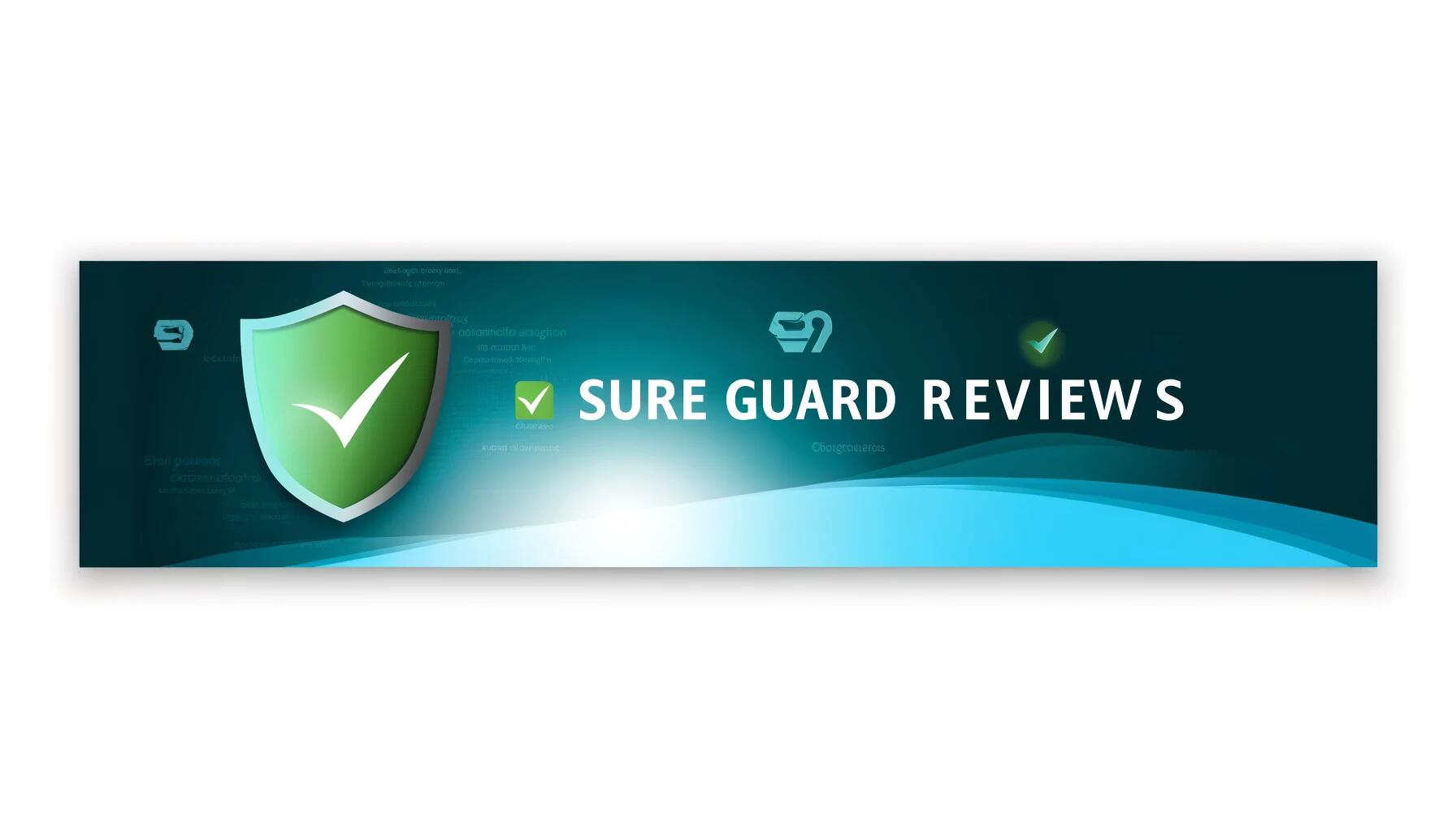Mastering Online Reputation Management: Key Strategies
In today’s digital world, maintaining a positive online reputation is crucial for businesses and individuals alike. With the internet being the first point of contact between you and your potential clients, customers, or even employers, managing how you’re perceived online can make or break your success. Here are key strategies to master online reputation management and maintain a positive digital footprint.
1. Monitor Your Online Presence
Constantly monitoring what is being said about you or your business online is the first step to managing your online reputation. Utilize tools like Google Alerts, Social Mention, or Brand24 to track mentions of your name, brand, products, or services. This will help you stay on top of any potential issues before they escalate.
2. Engage Proactively with Your Audience
Engagement can significantly influence your online reputation. Regularly posting valuable content, responding to comments, and engaging with your audience can build a positive rapport and loyalty. Proactively managing your social media profiles and blogs helps in establishing a positive online presence.
3. Address Negative Feedback Positively
Negative feedback is inevitable, but how you respond can either mitigate the damage or exacerbate it. Always address criticism and complaints quickly, professionally, and positively. Offer solutions and show that you value customer feedback. This can turn unhappy customers into loyal ones and shows others that you’re committed to customer satisfaction.
4. Encourage Positive Reviews
Positive reviews can greatly enhance your online reputation. Encourage satisfied customers to leave positive feedback on websites relevant to your industry. However, it’s important to solicit reviews in an ethical manner—never buy reviews or incentivize dishonest feedback.
5. Optimize Your SEO
Search engine optimization (SEO) is a powerful tool in managing your online reputation. By optimizing your website and content for search engines, you can help ensure that positive content about you or your business ranks higher in search results, overshadowing any negative content. Regularly updating your website with high-quality content and ensuring your site structure follows SEO best practices are essential steps.
6. Cultivate a Strong Brand Identity
A strong, positive brand identity can serve as a buffer against negative feedback. Invest in building a solid brand through consistent messaging, visual identity, and company values. A well-defined brand can resonate with your audience and build a layer of trust that protects your online reputation.
7. Legal Steps for Defamatory Content
If you encounter defamatory content online that could significantly harm your reputation, consider taking legal steps. Consult with a legal professional to understand your options, such as submitting a takedown request to the host platform or pursuing legal action against the individual or entity responsible.
Mastering online reputation management is an ongoing process that requires vigilance, strategy, and adaptability. By implementing these key strategies, you can safeguard your online reputation, promoting a positive image that aligns with your personal or brand identity. Remember, your online reputation is often the first impression you make; make it a good one.
